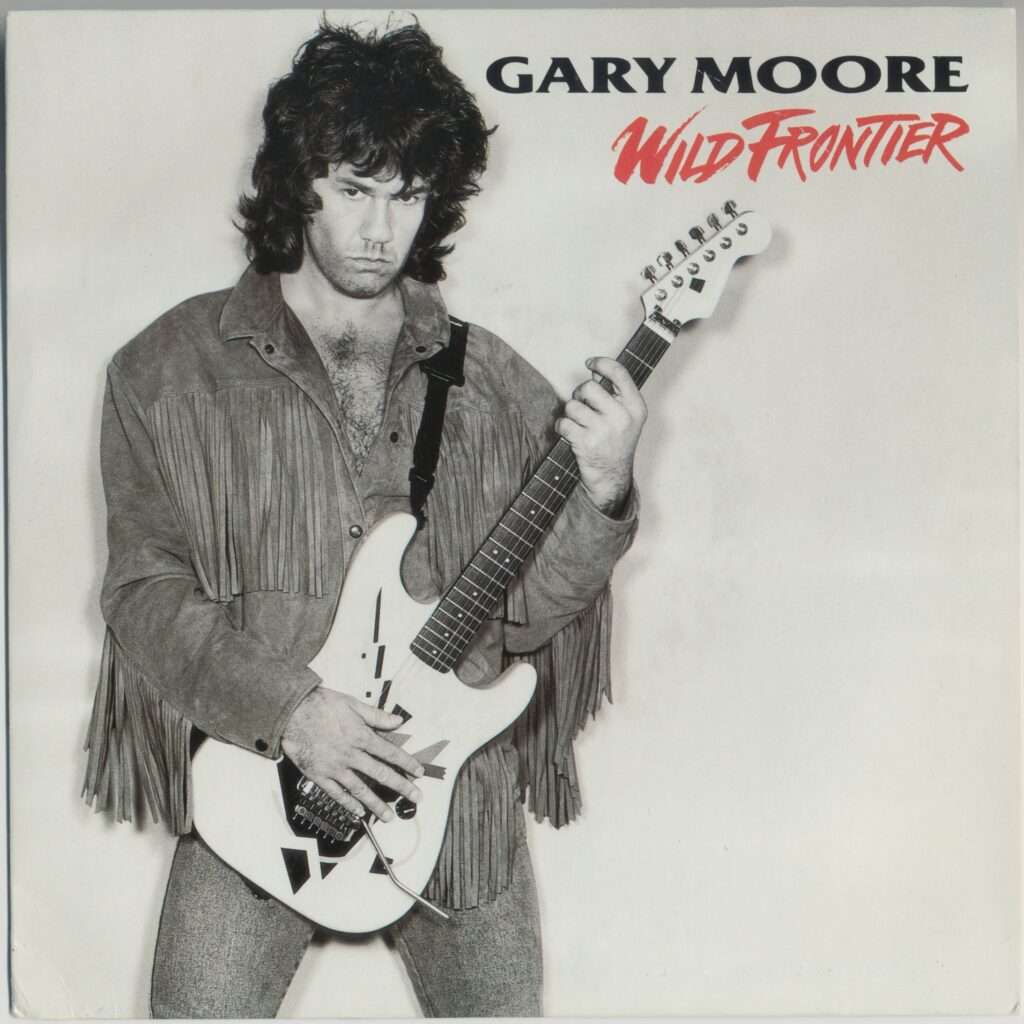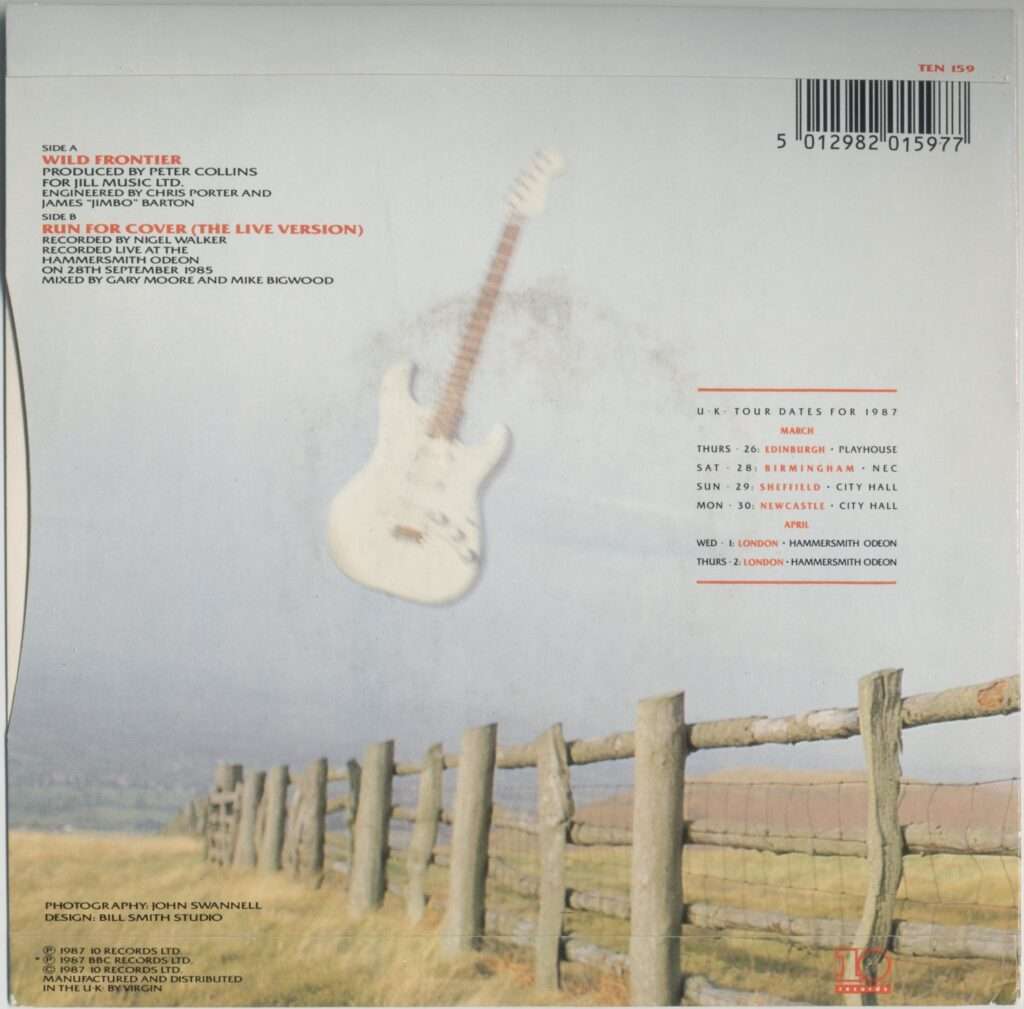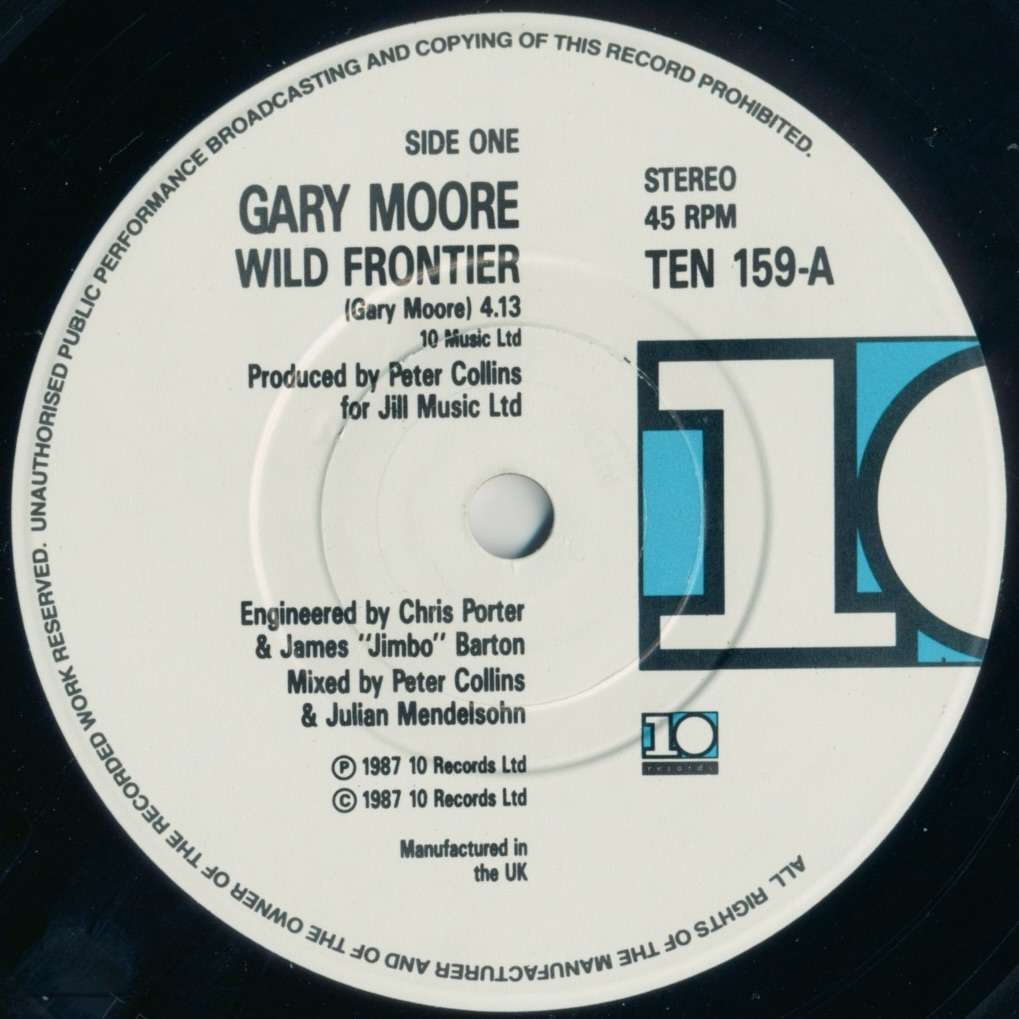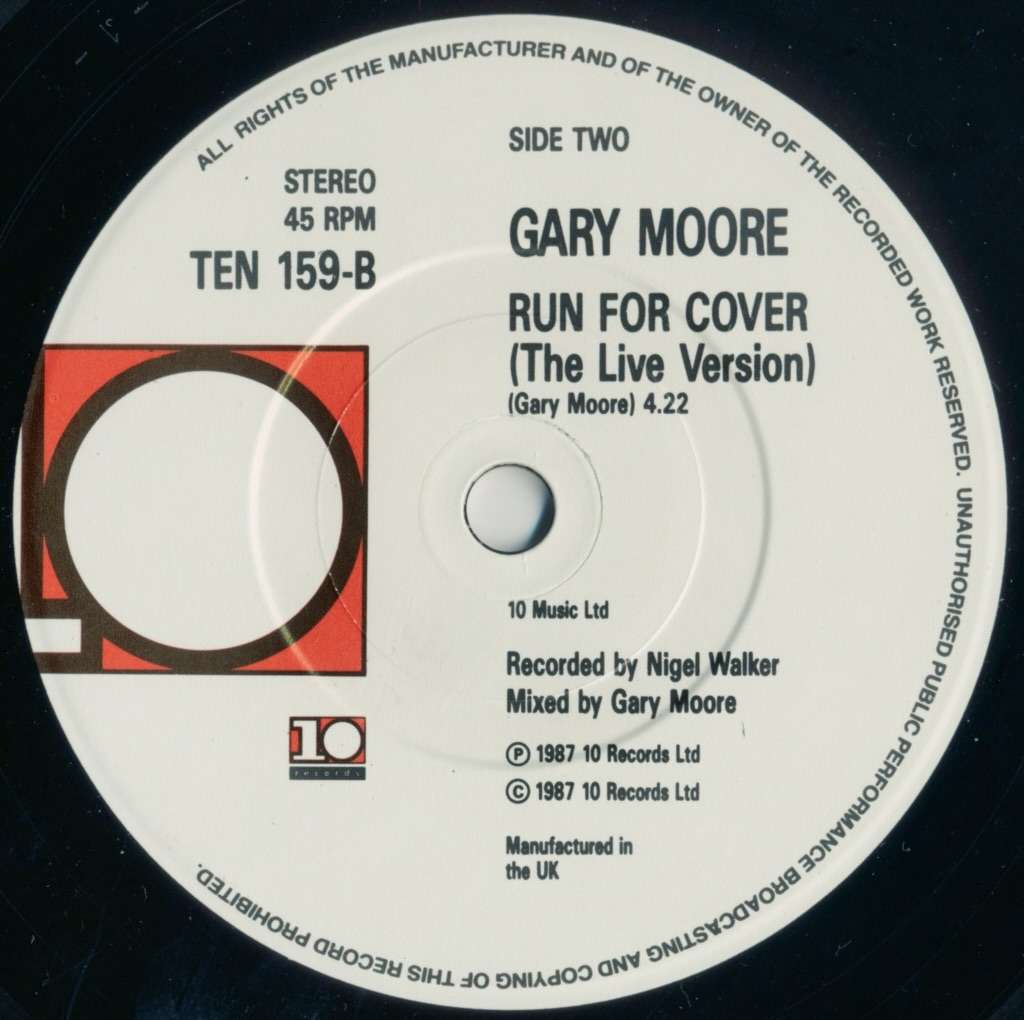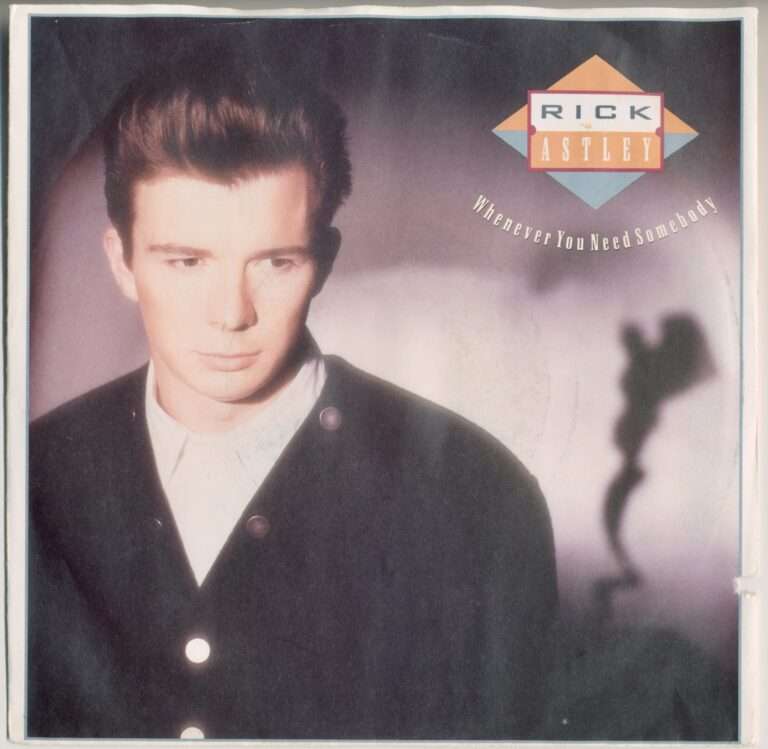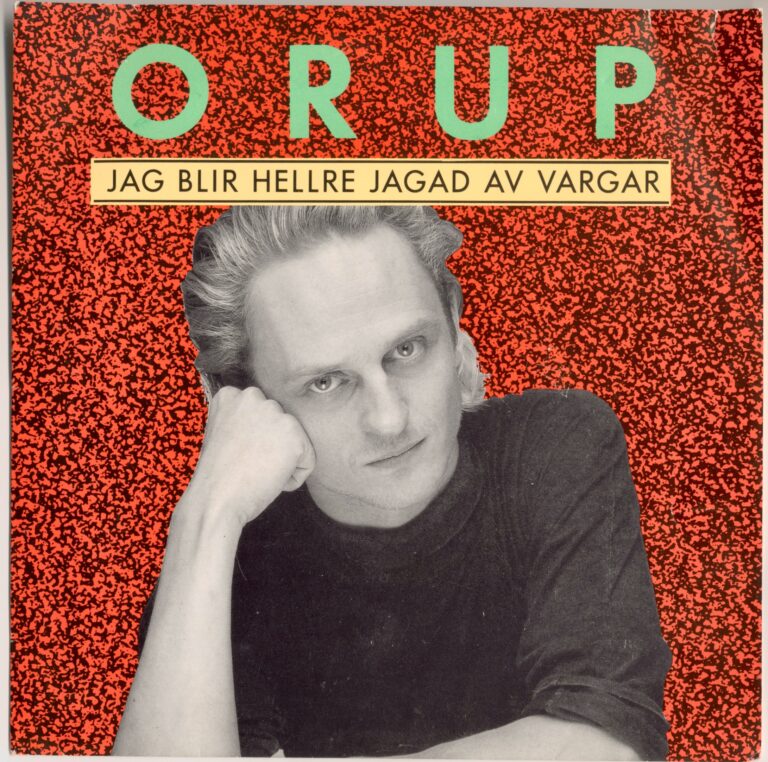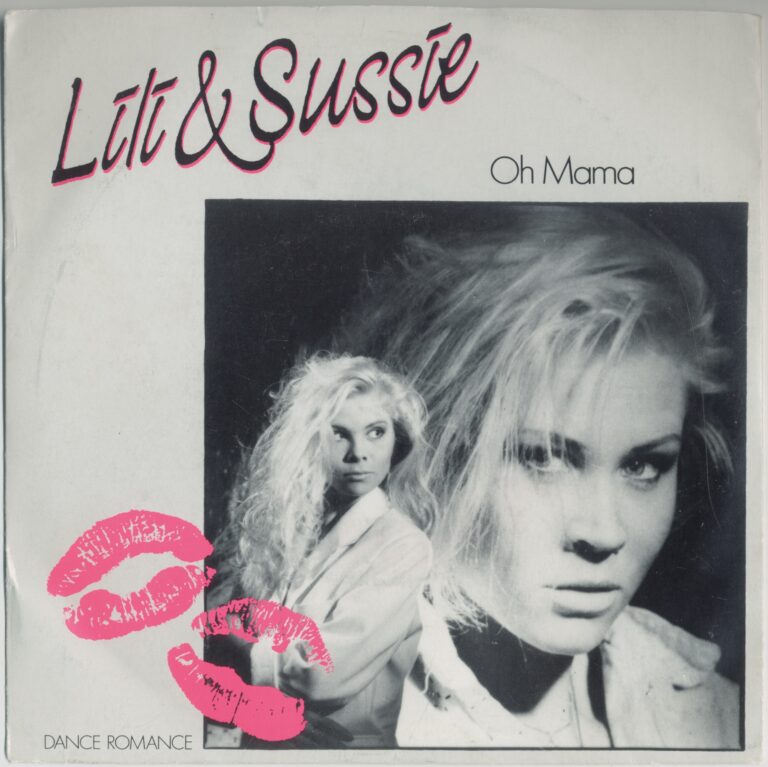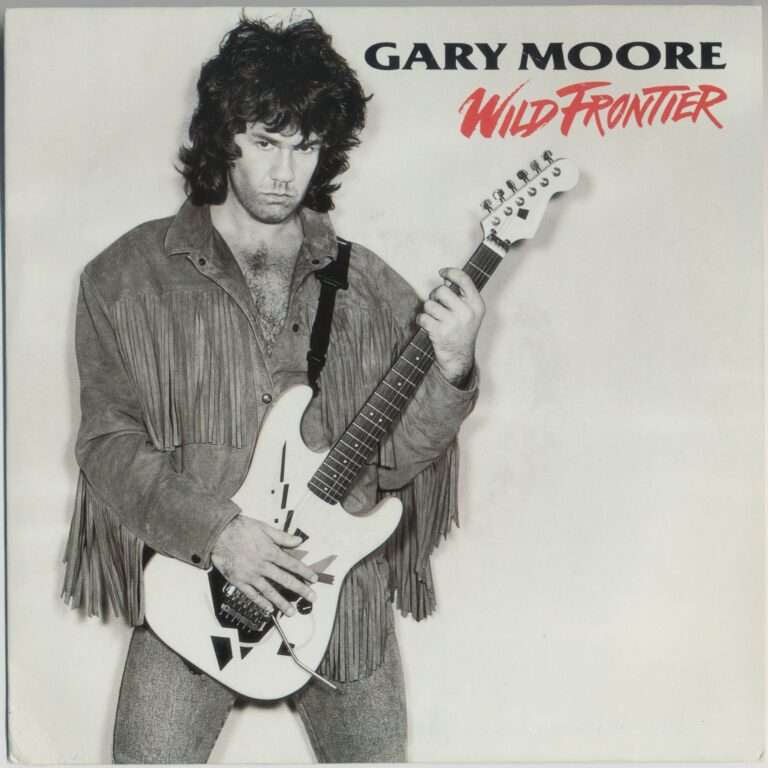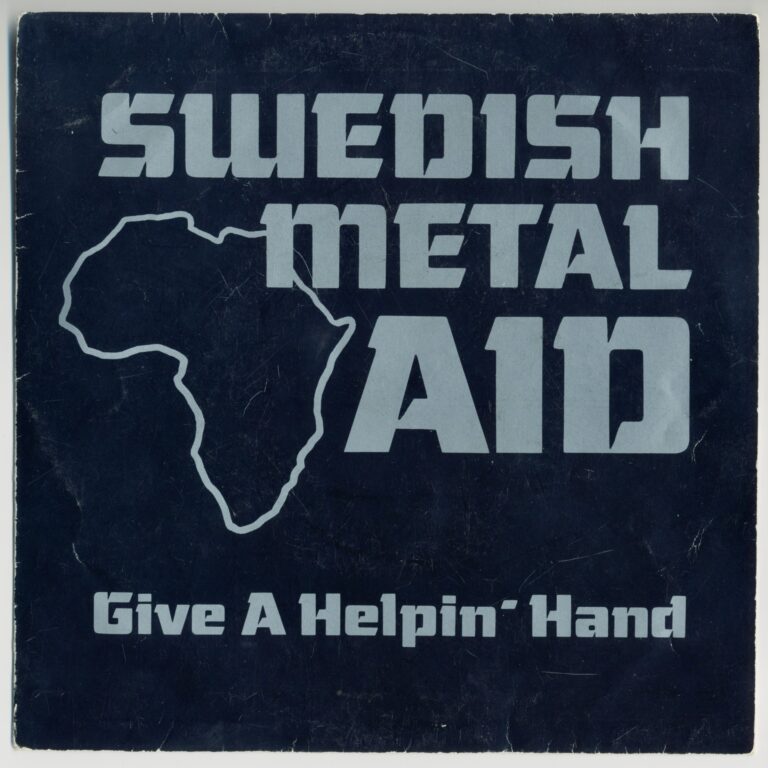In the mid-1980s, Gary Moore, a hard rock virtuoso, was at a crossroads. Just a year after the death of his close friend and Thin Lizzy bandmate Phil Lynott, Moore returned to his Irish roots for a deeply personal album: Wild Frontier. It was a heartfelt tribute and a daring experiment that would unexpectedly leave its mark on an entire musical genre.
The creative path to “Wild Frontier” was paved with emotion and a touch of necessity. The album, which was dedicated to Phil Lynott, was a departure from Moore’s earlier work, such as 1985‘s Run for Cover, which had been celebrated for its hard rock prowess but sometimes criticized for a crowded sound. In contrast, Wild Frontier was a more intimate, personal effort. It featured a leaner lineup, creating a direct and energetic sound that felt more connected to Moore’s Irish heritage.
This creative redirection was born from two significant events: a trip back to his native Belfast in 1985 and the profound loss of his friend Phil Lynott in January 1986. The title track, “Wild Frontier,” was originally meant to be a collaboration, with Lynott providing vocals, a plan tragically cut short by his passing. The emotional weight of these events led Moore to craft an album that was a heartfelt homage to his home country.
The album’s sound was a fascinating mix of hard rock and Celtic folk motifs, an “homage to traditional Irish music”. To achieve this, Moore even enlisted the help of renowned Irish folk band The Chieftains, who added pipes and fiddles to several tracks. But the most curious and controversial decision was the use of a drum machine. This wasn’t a stylistic choice, but a practical one, driven by what Moore called “drummer problems”. This synthesized beat created a fascinating tension, providing a stark, cold foundation for the album’s warm, organic, and deeply emotional sound. As one critic noted, this “fatal” technical choice ironically amplified the raw human emotion at the album’s core.
The song’s commercial performance was respectable, reaching number 35 on the UK Singles Chart and a solid number 4 in Finland. In Sweden, a country that embraced the album with a fiery passion, the single had its own success, spending three weeks on the “Trackslistan” chart and peaking at number 9. It was also ranked 99th on the year-end list for 1987. The album itself topped the Swedish Albums Chart, earning a Platinum certification. This remarkable reception in Scandinavia was a powerful display of a regional connection, showing how the album’s blend of hard rock and Celtic folk resonated deeply with an audience whose own cultural history is rich with folk themes.
The album’s success in Sweden wasn’t just a fleeting moment; it cemented a lasting connection. The concert at Johanneshovs Isstadion in Stockholm on April 25, 1987, was professionally recorded and later released as a live video, a lasting artifact of the importance of the Swedish audience to Moore’s career.
“I remember my city streets / Before the soldiers came / Now armoured cars and barricades / Remind us of our shame”
And what a legacy it has left. Gary Moore’s pioneering fusion of hard rock with Celtic melodies on Wild Frontier directly influenced a new wave of metal bands in Scandinavia, who were inspired to blend similar folk elements into their music. This fusion became a foundational text for subgenres like symphonic, Viking, and folk metal. The song “Over the Hills and Far Away,” another track from the album, was famously covered by the Finnish symphonic metal band Nightwish and the Swedish Viking metal band Thyrfing. Moore’s creative experiment, born from grief and a return to his roots, became a guiding light for a new generation of musicians.
Wild Frontier is more than just a single from the 80s; it’s a piece of music history that shows how an artist’s personal journey can have an unexpected and profound influence. It shows that when an artist pours their heart and soul into their work, it can transcend genres and create something new.
My copy: 7″, 45 RPM, UK, 1987, 10 Records
Trackslistan (Swedish radio chart): 3 weeks, peaked at #9, #99 on year-end list 1987

